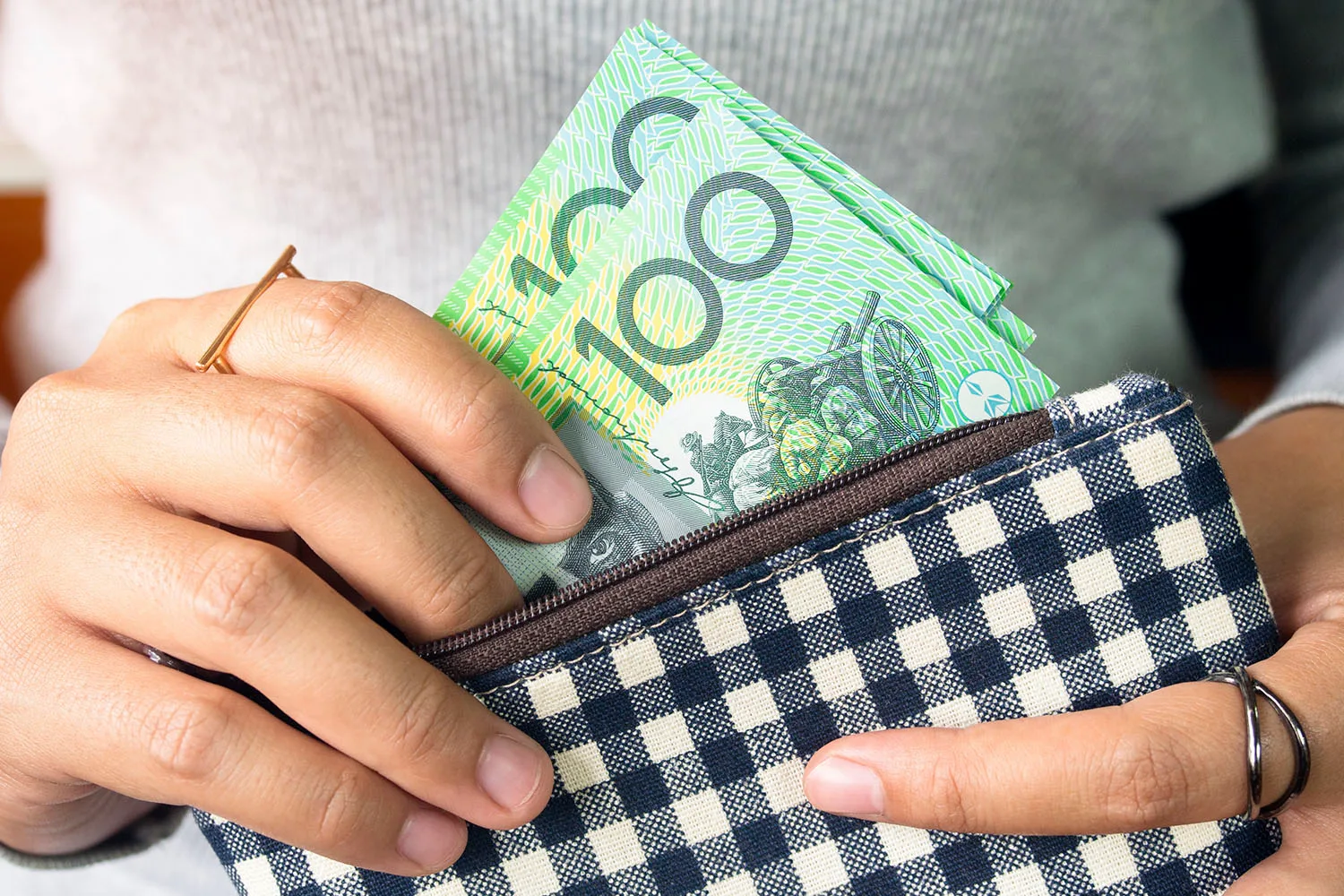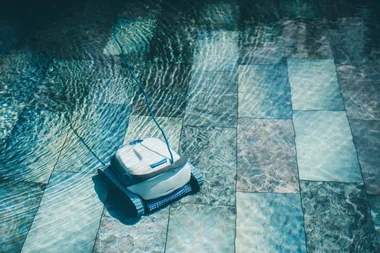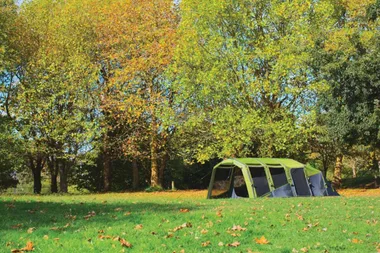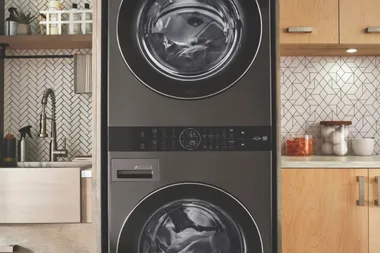Figures from the Bureau of Statistics this year revealed that in the past 12 months Australians have seen the cost of living rise by two per cent, the fastest pace at which it’s grown in three and a half years, and the cost of living is rising quicker than wages are growing. A report by ASIC also found that one in six Australians are falling into the debt trap that is credit cards, and the housing market, while currently experiencing a minimal reduction, remains largely unaffordable for many young Australians.
It comes as no surprise, then, that people are looking for ways to reduce their living and lifestyle expenses, without having to give too much of what they enjoy up.
Vannessa Stoykov is a finance expert and she has some expert tips on how to reduce expenses without having to make too many sacrifices.
1. Think of cheaper alternatives to your favourite entertainment options.
The cost of activities like going to the movies quickly add up, especially if you have a family. Before spending money on activities, consider if there is a cheaper alternative. For example, if you want to have a movie night consider using Netflix or Stan and staying in instead. Even if you splurge on snacks from the grocery store, it still only costs a tiny percentage of what you would spend at the movies.

2. Make a list and check it twice.
Making a list of the items you need from the grocery store before you go not only saves time, but also money. Plan what meals you want to make, check what you already have on hand, make a list of everything you need, and stick to it. This will stop you buying excess produce and keep the costs to a minimum. Also, if you go to the store later in the day when items are heavily marked down, you can freeze them for another night to save cash.
3. Consolidate debt.
If you have more than one credit card or personal loan, roll them into one. That will reduce the pressure of paying different payments over a month, and means you only need to pay one bill. You may also be able to access a cheaper rate doing this. Some credit card companies offer 12-month interest free periods to roll over balances. Your bank may give you a personal loan to cover it. It’s important to do the leg work and find out what the better deal is for you, don’t just accept the first solution you find.

4. Reuse whatever you can.
Where possible, don’t buy anything new, instead reuse and recycle what you can. If you eat out and have leftovers ask for a takeaway container and eat it for lunch the next day, reuse plastic drink bottles rather than spending $3 for a fresh one, or hire a formal outfit for a special occasion rather than spending hundreds on buying a new outfit. Not only do these steps help your environment, but they also keep money in your bank account.
5. Unplug electronic devices that you aren’t using.
Any device that is plugged into a power point uses up energy even when it’s in standby mode, and although the amount might be small, it adds up. If there are items like a Playstation or heater that only get used on the odd occasion, turning them off from the power point can save a substantial amount per quarter. Also, call your electricity provider and ask if you can you get a discount if you pay via direct debit, most accommodate you and this can put major dollars back in your bank account, rather than theirs.
You might also like:
One in six Aussies fall into this debt trap
How an empty cola bottle can save you money
The new money trend that could save you hundreds
 Getty
Getty









